General Morphology 8
Size 10
Shape and proportions 11
Structures of Cephalothorax 13
Structures of posterior trunk and tail 18
Lateral line system 22
Squamation 22
Morphogenesis 23
Scale size 23
Scale shape 25
Scale variation 25
Ultrasculpture 28
Scale development and structure 28
Development 29
Histological scale types 29
Scale function 32
Habitat and Adaptations 33
Distribution in space and time 35
Event levels of the distribution 37
Relationships 39
Classification and Phylogeny 41
Systematics 44
Subclass Thelodonti 44
Order Sandiviiformes 44
Family Sandiviidae 44
Family Stroinolepididae 45
Family Angaralepididae 48
Family incertae sedis 49
Order Loganelliiformes 49
Family Loganelliidae 49
Family Nunavutiidae 61
Order Shieliiformes 62
Family Shieliidae 64
Order Phlebolepidiformes 77
Family Phlebolepididae 77
Family Katoporodidae 81
Order Thelodontiformes 86
Family Coelolepididae 87
Family Eestilepididae 97
Family Lanarkiidae 97
Family Archipelepididae 100
Family Boothialepididae 104
Family Turiniidae 104
Family Barlowodidae 110
Family Nikoliviidae 111
Family Talivaliidae 116
Family Apalolepididae 119
Family incertae sedis 120
Order Furcacaudiformes 120
Family Furcacaudidae 120
Family Pezopallichthyidae 124
Order incertae sedis 124
Family Oeseliidae 124
Family Longodidae 125
Order et family incertae sedis 126
Doubtfully or certainly not Thelodonti 126
References 128
Appendices 138
Abbreviations used in Figures 140
Abbreviations of Institutional Names 141
Index of Higher Categories 142
Index of Genera 143
HPI 1B • “Agnatha” II
2007. [Englisch] – 143 Seiten, 141 Schwarzweißabbildungen, 2 Anhänge.
30,3 x 21,5 cm, Hardcover.
Reihe: Handbook of Paleoichthyology
120,00 €
zzgl. Versandkosten / Versandkostenfrei in D
Agassiz’s beautifully illustrated five volume opus «Recherches sur les poissons fossiles» (1833-1844) was the actual beginning for paleoichthyology. He gave, in this publication, the first comprehensive presentation of fossil agnathans and fishes. In the ensuing years, numerous descriptions of forms (mostly from Europe and North America) have been published. These were compiled by A. S. Woodward (1889-1901), one of the many excellent paleoichthyologists (from past to present) in Great Britain, in his famous »Catalogue of Fossil Fishes in the British Museum (Natural History)«. The catalogue was compiled so well that it is continually used by specialists in paleoichthyology.
In Scandinavia after World War I, E. A. Stensiö founded an important school for paleoichthyology. He and his followers did extremely detailed investigations, with great emphasis on anatomical interpretations. These brought about strong controversies, between the Scandinavian and the English-American schools, regarding the interpretation of morphological data and the interrelationships of different groups of agnathans and fishes. Even though the Scandinavian school has disappeared, the controversy still exists; and the Russian, German and French paleoichthyologists find themselves having to take sides. Between 1960 and 1970 one synopsis in Russian (Obruchev, D. V. (ed.) 1964: Osnovy paleontologii, vol. 11: Agnatha, Pisces; 1967: Engl. translation), one in French (Piveteau, J. (ed.) 1964 to 1969: Traité de Paléontologie, vol. 4: 1, Vertébrés, Agnathes; 2, Gnathostomes, Acanthodiens, Placodermes, Élasmobranches; 3, Actinoptérygiens, Crossoptérygiens, Dipneustes) and a shorter one in German (Müller, A.H. 1966: Lehrbuch der Paläozoologie. Band III. Vertebraten. Teil 1. Fische im weiteren Sinne und Amphibien) were published, representing the whole field of paleontology. Osnovy showed a systematic viewpoint and Traité a morphological-anatomical viewpoint. A new version of the fish volume of the Osnovy (Novitskaya, L. I., Afanassieva, O. B. (eds.), Agnathans and Early Fishes) was published in 2004; it presented selected groups of Paleozoic fishes (Thelodonti, Heterostraci, Osteostraci, Sarcopterygii [Crossopterygii and Dipnoi]), but is more geographically constrained than the former.
New and young paleoichthyologists have replaced the older and so well reputed generation. New findings, especially in remote or less explored regions (Asia, southern continents, and northern and southern polar regions) reveal a great amount of new information about Paleozoic agnathans and fishes. In addition, another event has influenced and will continue to influence paleoichthyology: Hennig’s book “Grundzüge einer Theorie der phylogenetischen Systematik” (1950) translated in 1966 into English (“Phylogenetic systematics”) by R. Zangerl, a contributor to the Handbook. Since the 1970s, the revision, verification and falsification of the old ideas regarding the interrelationships of agnathans and fishes has begun.
The Handbook of Paleoichthyology summarizes (as far as possible) all known data as a base for comparison with new findings and for interpretation of interrelationships. The reader will find the most current analysis of interrelationships, sometimes even contrary to ones in different volumes.
Each volume deals with the anatomy and the fossil record of agnathans or of a group (class, subclass, etc.) of fishes, except volume 10, which deals with one organ of osteichthyan fishes - otoliths or ear stones. Volume 1B is the first volume on agnathan vertebrates to appear - after many years in the works and a change of contributors; it includes the group of agnathan vertebrates now considered to be closest to the gnathostomes, the “true” fishes. Volume 1A will follow; it will include all other agnathan vertebrates and the introduction to the series.
Publication of the Handbook experienced a delay since Volume 4 (the last volume) was published in 1999. With volume 3B, which has been sold out, a second edition will be started, to add all the new data published in recent years. Volumes 1A and 8A are in progress. I hope that the Handbook will flourish and draw near completion under Dr. Friedrich Pfeil, its new publisher.
Lawrence, July 2007, H.-P. Schultze
Tiiu Märss
Institute of Geology at Tallinn University of Technology
Ehitajate tee 5
19086 Tallinn
Estonia
phone: +372 6203017
fax: +372 6203011
e-mail: Tiiu.Marss@gi.ee
Susan Turner
Queensland Museum
122 Gerler Rd, Hendra
Queensland 4011
Australia
phone: +617 34068348
fax: +617 34068355
e-mail: sue.turner@qm.qld.gov.au
Valentina Karatajute-Talimaa
Institute of Geology and Geography of Lithuania
13 Ševcenkos Street
Vilnius LR 2600
Lithuania
phone: +370 52104704
fax: +370 52104695
e-mail: vtalimaa@takas.lt
Sie müssen angemeldet sein, um eine Rezension veröffentlichen zu können.
„*“ zeigt erforderliche Felder an
Ähnliche Produkte
-
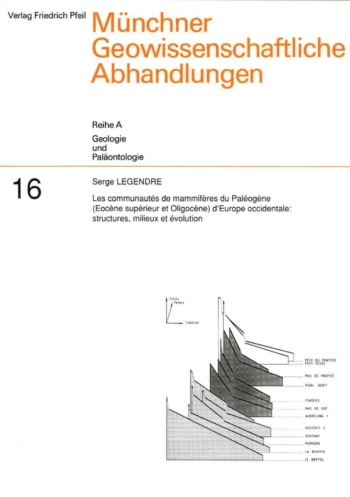
Les communautes de mammiferes du Paléogene
30,00 €zzgl. Versandkosten / Versandkostenfrei in D
-
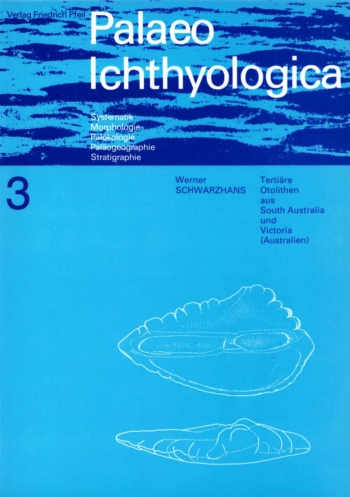
Tertiäre Otolithen aus South-Australia und Victoria (Australien)
20,00 €zzgl. Versandkosten / Versandkostenfrei in D
Wir sind gerne für Sie da
Verlag Dr. Friedrich Pfeil
Hauptstraße 12B
5232 Bergkirchen OT Günding – Germany
Tel.: +49 8131 61 46 590
Fax: +49 8131 61 46 591
E-Mail: info@pfeil-verlag.de
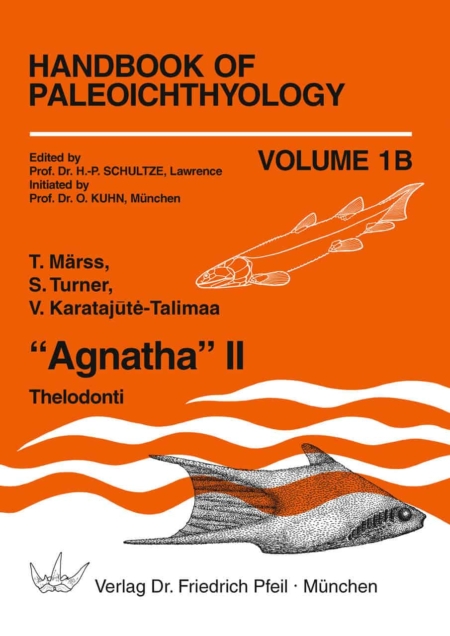
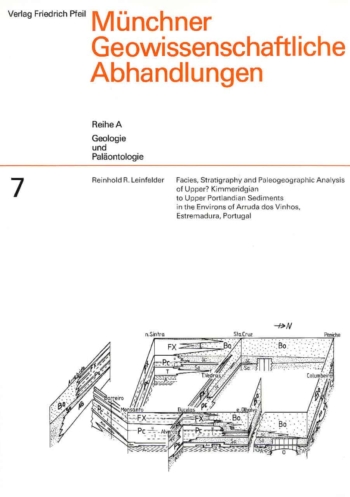
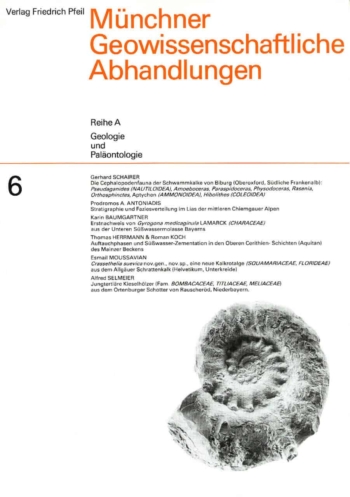
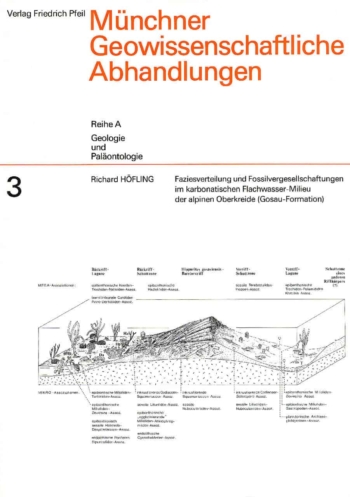
Rezensionen
Es gibt noch keine Rezensionen.